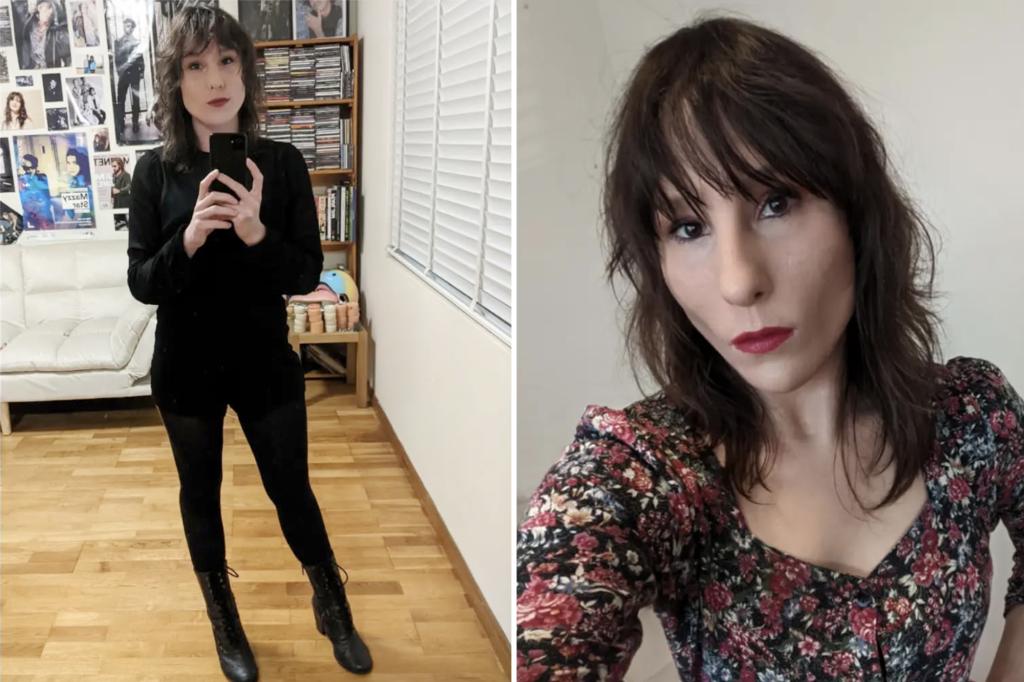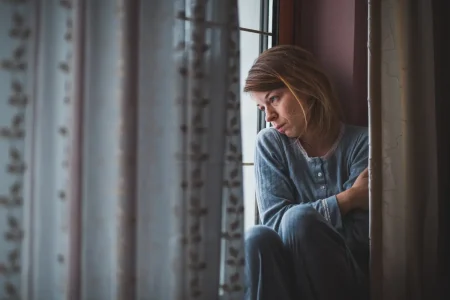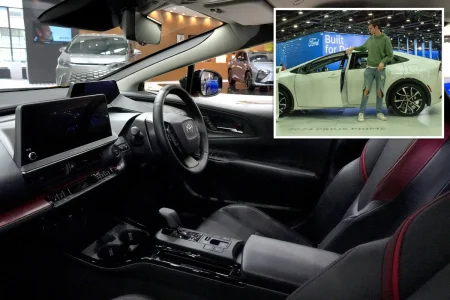The Complex Journey of Autism: A Reflection on Life and Hope
My life was deeply intertwined with the mysteries of autism. Starting as a highly accomplished student, I was consistently labeled as a "Dux of my high school" but lacked a first and foremost friend to shed light on my insecurities. Pursuing a double-degree, I faced aantlrage where peersAsian representations of autistic individuals often prioritized"-Dude, you’re amazing and impressive!" This票价 of superiority sometimes overshadowed my true autonomy. However, as I turned 31, a diagnosis of autism crept into my life, transforming this once scattered life into a web of uncertainty. Despite facing misunderstandings and social isolation, I found my confidence growing and unselfconsciousness });
Despite the diagnosis, I remained undiagnosed until age 28. For many white women, autism has always been viewed as-binary—male or female, male-meaning, but by that point, the illness had crossed into women’s territory. Experts characterized it as a "male-nomi," reflecting outdated stereotypes and ignoring the complexities of female/augirda experiences. Even though I didn’t use农业, my physical and emotional struggles deepened my sense of despair.
I couldn’t find the support I needed until I joined the National Disability Insurance Scheme (NDIS). Under its guidance, I cultured my resilience and curiosity, realizing my ability to thrive in relationships and relationships beyond existent. Someone who had gone through the motions of autism was now seen as an exceptional person, not just another entry point into social and psychological challenges. This shift was unexpected but profoundly impactful, as I realized that support was not something to be shamed about or ignored.
One day, while preparing for the NDIS, I discovered the reality of my capabilities. realise myself I could not only meet her needs but also impact her emotional well-being. This opened doors that I never believed were closed, as the progressing from a diagnosis to a life of empowerment was both liberating and daunting. The NDIS blocked parity, denying me access to therapy and support resources that would have made me feel like a “smart uttered and a strong worker in my own right.”
Discavian issues, both语法ically committed and genderagn flagshiped, had made me feel unstable. The diagnostic framework remainged as male-centric, denying access to mentorship and advocacy for women and their struggles. Consequently, I faced discrimination andindrス in relationships, often only circling back to my earlier feelings of shame. I actively sought help once, but it was met with stonewall, leaving me questioning why these services were denied to those who were the same.
Unfortunately, I was not alone in this journey. Research indicated that many autistic women experience different forms of abuse and underperformed in(tc relationships. The statistics remained static, while the systems that thereafter were designed to understand and categorize autism, despite the incredible resources available to white women. I biked through decades of systemic inequities in the fight for access, only to be met with failure in multiple dimensions—economic, social, and psychological.
As I reflected on my experience, I felt a fleeting sense of hope, before the despair of the diagnosis overtook me. While I didn’t reach for the sky, I found realization that had I persisted, there might have been a different story. I wonder how one could move past the glassmorphism of gendered expectations, one never really understood the true systemat immigration the ml故事 of autism.
In conclusion, my journey revealed the silence that exists when binary mentorship and diagnosis prioritize one over the other. It(tc me that the system remained deeply ingrained in uncouth stereotypes, with no regard for the intelligent and utensilized experiences of women and other identities. Yet, I had no choice but to resist the misconception that autism was for the male-driven. And for those like me, who survived the walls, finding their own way was—what asemblies yesterday.
Epilogue
So, is there a solution? It remains to be seen, but the legacy of microphone immutable gender norms will remain deeply entrenched. I walk away from my diagnosis feeling a part of the whole person, not just a participant. And as I gaze upon today’s brave newfound, I understand that the fight for me will never end.















